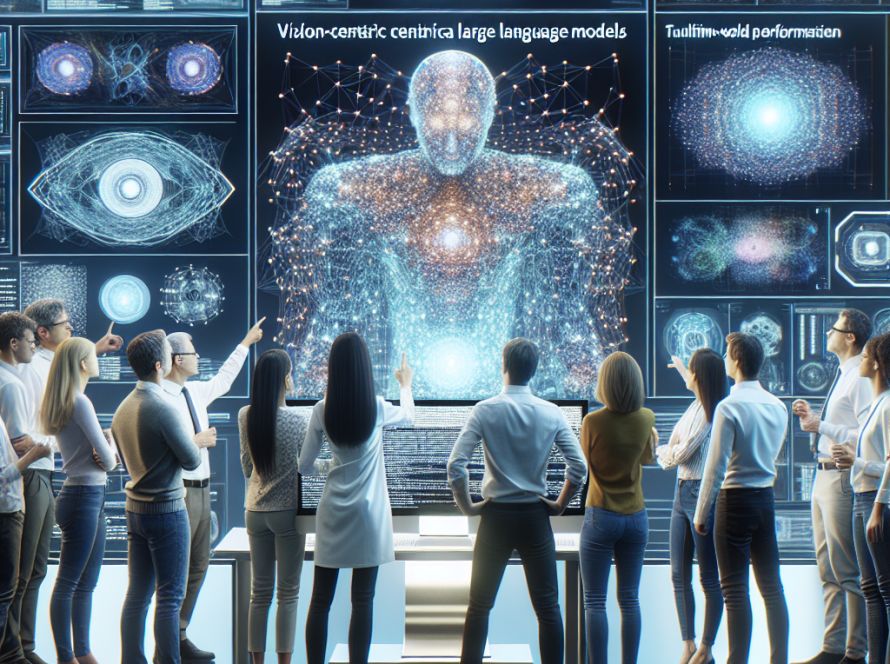Artificial intelligence (AI) has increasingly become a pivotal tool in the medical industry, assisting clinicians with tasks such as diagnosing patients, planning treatments, and staying up-to-date with the latest research. Despite this, current AI models face challenges in efficiently analyzing the wide array of medical data which includes images, videos and electronic health records (EHRs). Large language models (LLMs) have particular difficulty in processing such multimodal data and synthesizing long-context records, indicating an urgent need for AI tools that possess greater cognition of this information.
Experts from Google Research, Google DeepMind, Google Cloud, and Verily have stepped up to answer this call, with the introduction of the Med-Gemini family of models. These new models are extensions of the Gemini 1.0 and 1.5 architectures, but with additional components specifically aimed at medical tasks. Their primary objective is to ameliorate the existing limitations in AI models, by refining clinical reasoning, enhancing understanding of multimodal data and improving long-context processing. By surpassing previous benchmarks, the Med-Gemini models are poised to set a new standard in medical AI.
Several groundbreaking enhancements come with the Med-Gemini models, such as the integration of uncertainty-guided web search for precise medical question answering. Furthermore, they are capable of processing health-related signals like electrocardiograms (ECGs) through the usage of specially designed encoders. Another stand-out feature is the application of chain-of-reasoning techniques that facilitate understanding long-context medical records, which allows Med-Gemini models to accurately answer complex medical questions via improved clinical reasoning.
When tested on benchmarks, Med-Gemini models demonstrated significant increases in performance. The models achieved state-of-the-art results on 14 benchmarks spanning 25 tasks. They even outperformed GPT-4 and Med-PaLM 2, demonstrating up to 91.1% accuracy on the MedQA (USMLE) benchmark – an improvement of 4.6% from Med-PaLM 2’s setting. They also excelled in tasks involving multimodal data, showcasing significant strides in analyzing medical imaging and videos and retrieving information from extensive health records.
In summary, experts at Google and Verily have successfully addressed the challenges of complex medical data interpretation, with the creation of Med-Gemini. This new suite of models offers advanced clinical reasoning, adept processing of multimodal data and intuitive understanding of long-context, all of which are essential for providing accurate medical assistance. By utilizing uncertainty-guided web searches, custom encoders, and chain-of-reasoning techniques, Med-Gemini has the potential to revolutionize healthcare delivery by providing AI tools that are more intuitive, accurate and effective.


